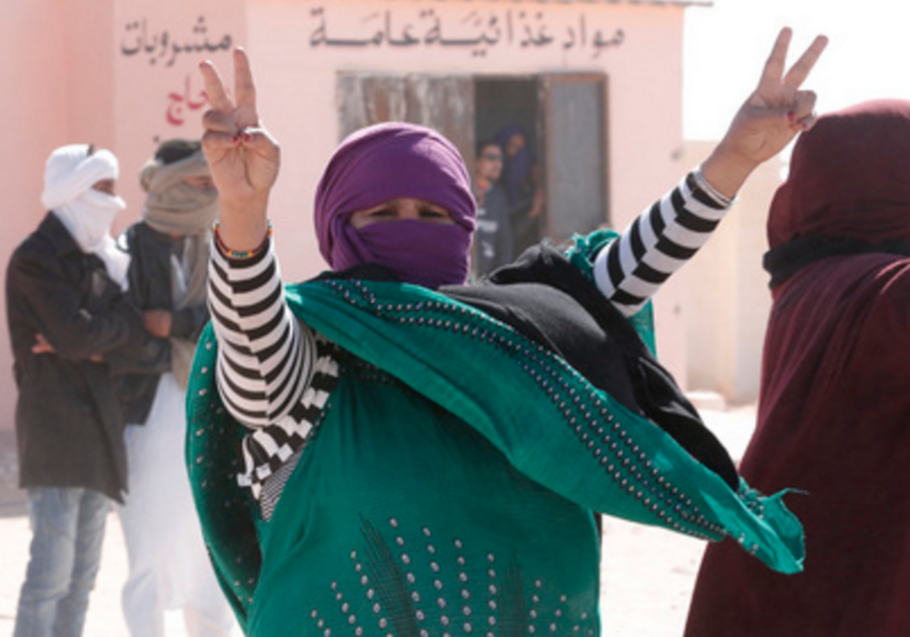Introducing the WPS Global Study. Chapter 3: Women's Participation and A Better Understanding of the Political

Photo Credit: UN Photo/Evan Schneider
The Global Study on UNSCR 1325 is the evidence base for action. Learn more about it through this series highlighting key recommendations and join us in taking action!
Chapter 3 of the Global Study on Women, Peace and Security addressed women’s participation. According to the study, actors involved in mediation and conflict resolution remain resistant to including women, claiming success is judged on effectiveness, not inclusiveness. Yet the history of traditional peacemaking is littered with examples of failed mediation attempts and broken peace agreements. Conversely, a growing body of evidence shows unequivocally that women’s participation contributes to the conclusion of talks and the implementation and durability of peace agreements.
Facts & Figures:
-
Women’s participation increases the probability of a peace agreement lasting at least two years by 20 percent, and by 35 percent the probability of a peace agreement lasting 15 years.
-
In cases where women are able to exercise a strong influence on the negotiation process, there is a much higher chance that an agreement would be reached than when women’s groups exercised weak or no influence.
Key recommendations:
-
Make quantifiable, time-sensitive commitments and offer incentives to ensure women's direct and meaningful participation during specific phases of the process, to include women's perspectives and gender-responsive provisions in all meetings, consultations, and agreements, to train all parties on their gender-responsive obligations within their area of expertise, and to acknowledge and provide holistic support for women's groups that are engaged in ‘track 2’ diplomacy efforts.
-
Include women’s systematic engagement in peace talks in the terms of reference of every mediator, envoy, and leader of peace mission, and ensure regular reporting for accountability.
-
Desist from using observer status as a substitute for real and effective participation for women. Women should not be on the sidelines observing, but an integral part of negotiations and decision-making on the future of their country.
For more information, see UN Women’s Global Study Factsheets or the full Global Study on Women, Peace and Security.
